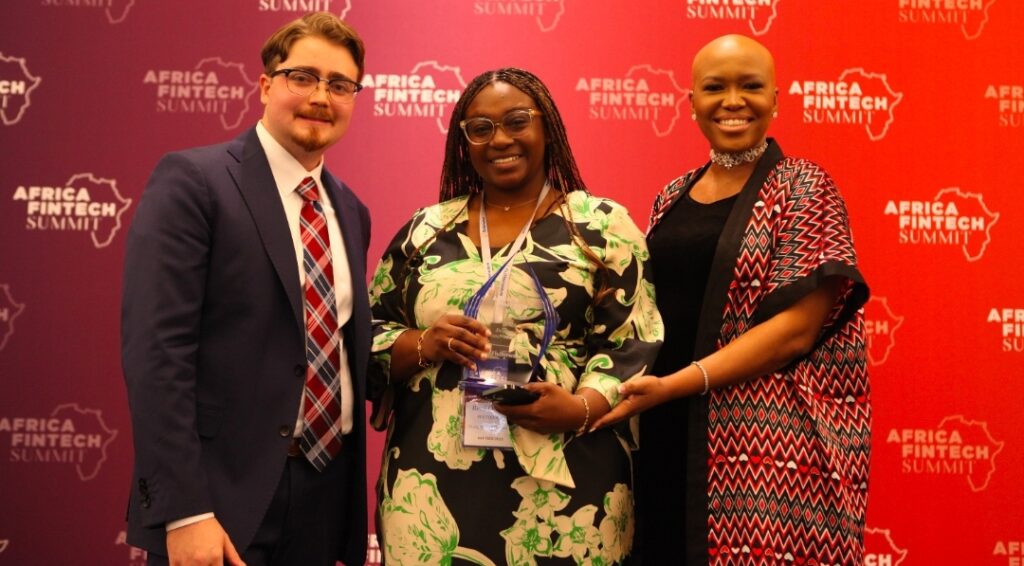5 Profitable E-Commerce Business Ideas in Africa’s Growing Online Market
Africa’s e-commerce business is expanding due to increased internet access, mobile use, and a growing middle class. This creates an opportunity for entrepreneurs trying to capitalize on the continent’s thriving online industry. Here are some excellent e-commerce company ideas in Africa for you to consider: Mobile Payment Solutions Mobile payment options are becoming increasingly popular in Africa, where many people do not have access to traditional financial services. Starting a firm that provides secure and simple mobile payment solutions allows you to capitalize on a growing market and help bridge the gap between consumers and businesses. Your firm can provide a variety of services, such as mobile money transfers, bill payments, and online shopping payment alternatives. Online Marketplaces Online marketplaces, which allow buyers and sellers to interact and trade goods and services, are gaining popularity throughout Africa. Starting an online marketplace that caters to a specific specialty, such as fashion, cosmetics, or electronics, can help you quickly build a devoted customer base and a profitable business. Your marketplace can contain products from local and international merchants, and you can provide services such as safe payment options, shipping, and logistics. E-Learning Platforms Online education is gaining popularity in Africa, where internet connections are becoming more widespread. You can capitalize on a booming industry by launching an e-learning platform that offers courses and training programs in business, technology, or design. Your e-learning platform can provide a variety of courses, including short- and long-term programs, and can cater to professionals, students, and hobbyists. Health and Wellness As people become increasingly concerned about their health and fitness, there is a strong demand for health and wellness products and services in Africa. You may get into this market by creating an e-commerce business that sells natural and organic products, as well as online wellness programs and coaching. Supplements, vitamins, exercise equipment, and coaching services are among the things that your company can provide. Agricultural and Food Products Agriculture and food are critical to Africans’ daily lives. Starting an e-commerce firm that sells high-quality, locally produced food and agricultural items can aid local farmers and producers in offering consumers healthy and sustainable food options. Your company can sell a wide range of products, including fresh produce, processed meals, and food-related items like kitchen equipment and cookbooks. The key to success is to identify a market gap and offer a solution to your target audience’s demands. You may create a successful and profitable business with the appropriate business idea, a clear plan, and a commitment to client satisfaction.
5 Profitable E-Commerce Business Ideas in Africa’s Growing Online Market Read More »










